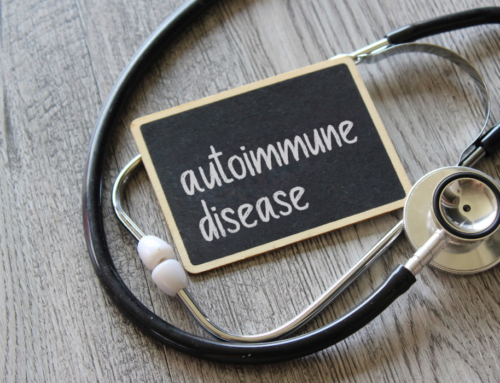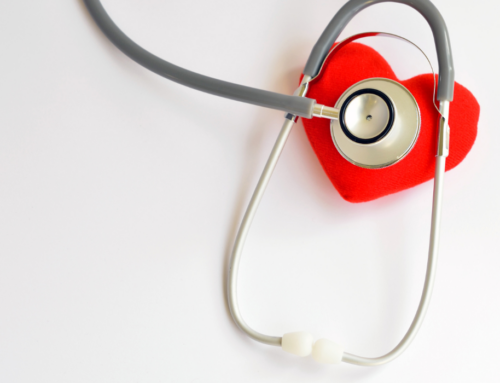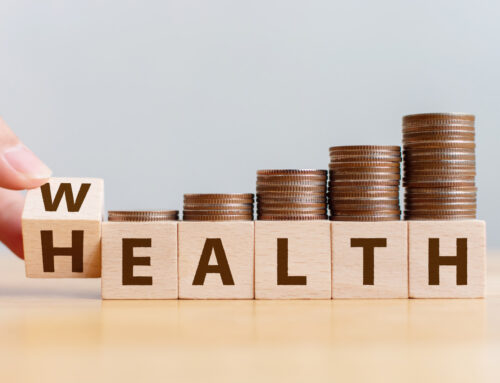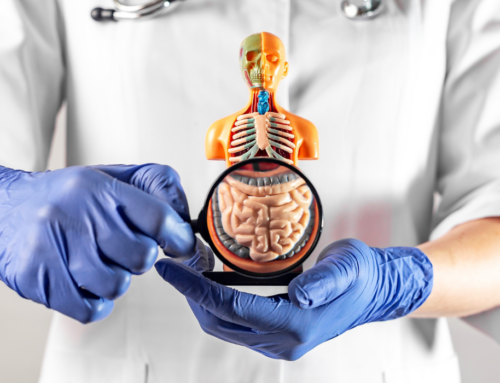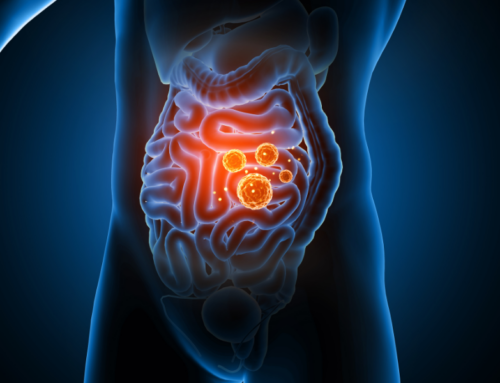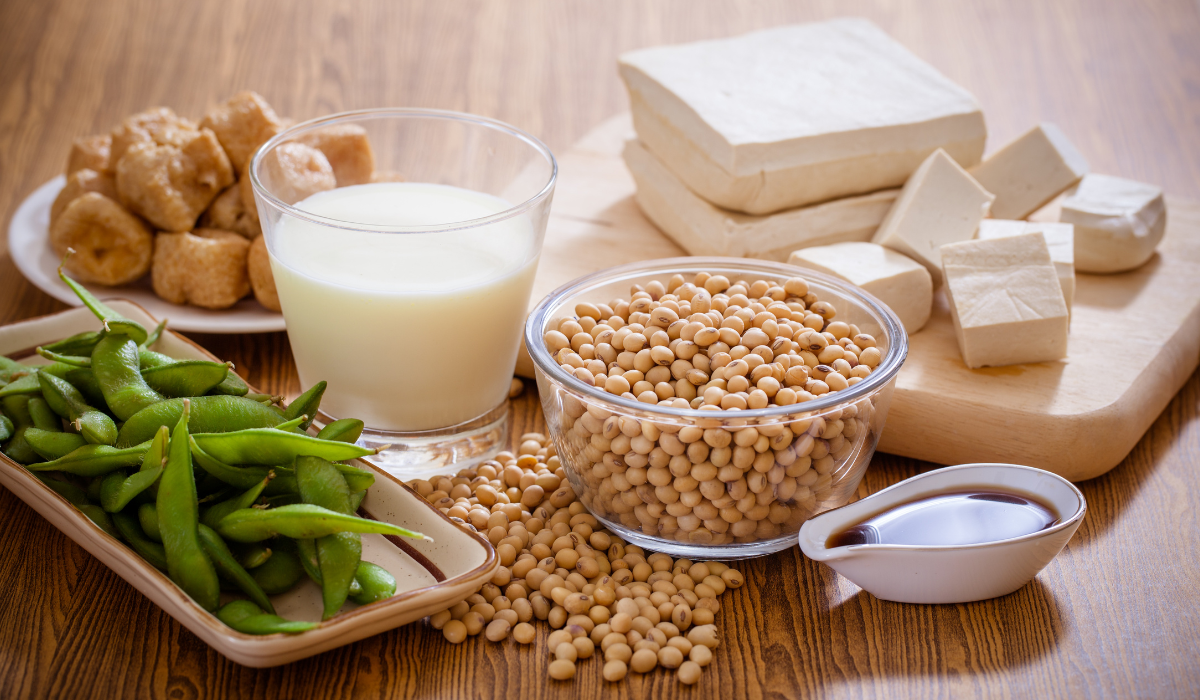
The Truth About Soy and Female Hormones
Soy can be a very controversial topic—is it safe? Is it not safe? And how about when we look specifically at soy and female hormones, even more specifically, women in pre, peri- or post menopause. Can these individuals have soy? Should they avoid it?
You’ve likely heard both sides of the story, and so we’d like to take a deep dive into soy and debunk some of the misconceptions about it, and also add to truths. You may be surprised to learn that, when quality soy is ingested, it can actually be beneficial in more ways than one.
Soy and Phytoestrogens
Before getting to the benefits of soy, let’s break things down: soy contains phytoestrogens, plant compounds that occur naturally in plants that can mimic the effects of estrogen in the body. This is where a lot of the confusion comes in: Estrogen is naturally produced in the ovaries in women and the testes in men; phytoestrogens are produced naturally in plants. While some people fear that eating soy (and therefore phytoestrogens) will increase their estrogen levels, phytoestrogens don’t work in the same way.
Phytoestrogens behave differently than estrogen. This can be dependent on the environment (ie what reproductive stage the female is in), metabolism, the type of soy consumed, and the quantity of soy consumed. Phytoestrogens actually bind to the estrogen receptors, but not as strongly as estrogen. This can trick the body into thinking there is estrogen, and can potentially block estradiol, which makes them anti-estrogens.
As is in all cases, individuals are just that: individuals; the way each of our bodies behave is different from others. It is important to take into account factors such as thyroid issues, history of breast cancer, age and stage of reproductive years, etc. This should be considered and discussed with your healthcare provider.

Soy and Menopause
Soy is a rich source of phytoestrogens, particularly isoflavones, which are compounds that can mimic the effects of estrogen in the body. As a result, soy and isoflavones have been studied for their potential benefits and risks for women in menopause, who experience a decline in estrogen levels.
To reiterate: soy contains phytoestrogens, which are plant compounds that can mimic the effects of estrogen in the body. These can actually help alleviate some of the symptoms of menopause, such as hot flashes, night sweats, and vaginal dryness, because the body is tricked into thinking there is estrogen. A review of 19 randomized controlled trials found that soy supplementation reduced hot flashes by 20-30% compared to placebo in menopausal women (1).
And of course with the increased risk of cardiovascular disease in women who are in menopause (due to the reduction in estrogen), it’s important to consider this area as well. Soy may help improve heart health by reducing LDL (“bad”) cholesterol levels. A review of 35 studies found that soy protein consumption significantly reduced LDL cholesterol levels by an average of 3.0 mg/dL (3).
Soy and Breast Cancer
Breast cancer is another area of concern when it comes to soy, specifically in the areas of risk of breast cancer but also for those who are survivors.
Some studies suggest that soy consumption may help reduce the risk of breast cancer in women. A meta-analysis of 35 studies found that higher soy intake was associated with a 14% reduction in breast cancer risk (2). This is due to the anti-estrogenic effect that phytoestrogens (from soy) can have.
In addition, studies of over 11,000 women from the United States and China showed that post diagnosis, soy intake statistically reduces recurrence and improves survival (5).
All of this said—if you have a history of breast cancer or other hormone-sensitive conditions, it’s imperative that you consult with your healthcare provider before consuming large amounts of soy or phytoestrogen-containing foods or supplements.
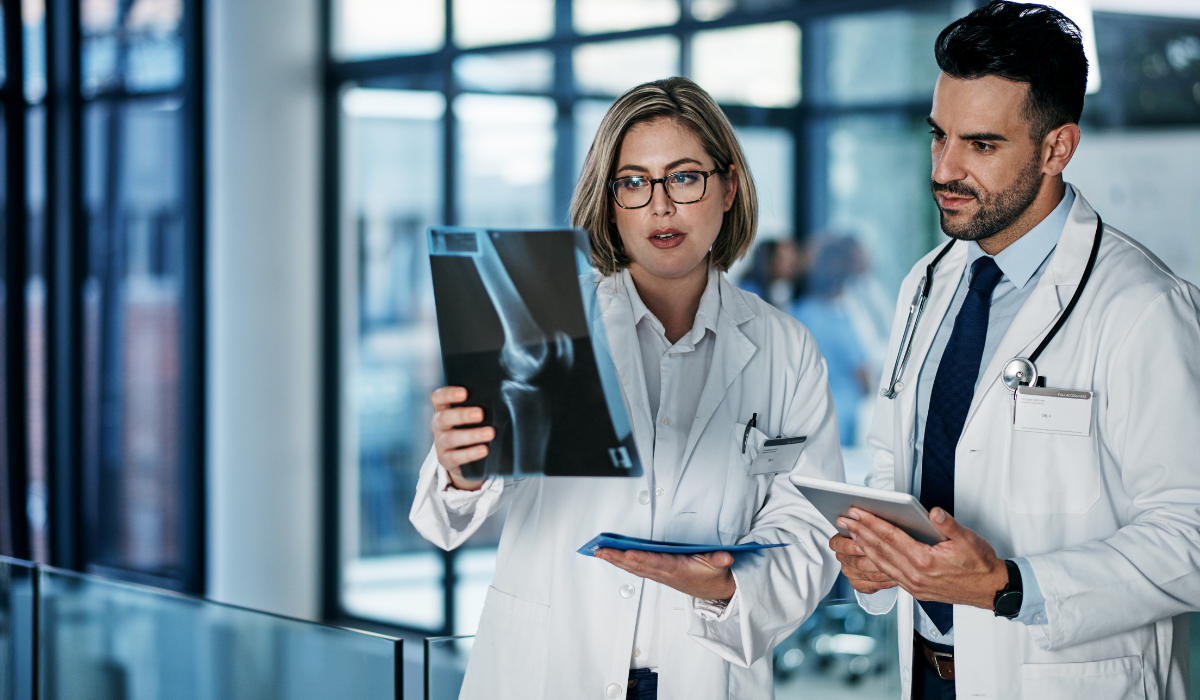
Soy and Bone Health
Soy is rich in isoflavones, which are plant compounds that have been shown to have a positive effect on bone health. A study of 1,058 postmenopausal women found that soy isoflavone supplementation improved bone mineral density in the spine (4).
On the topic of soy and positive/negative effects on bone health, there are conflicting studies, so it’s difficult to say if there is a consistent, positive effect. BUT, there is no data to conclude that it is harmful for bone health.
Our stance is to look for quality sources of soy, as outlined below.
Types of Soy/Phytoestrogens
Soy can be found in the following foods:
- Tofu
- Tempeh
- Edamame
- Soy milk (look for unsweetened)
- Soy beans
- Soy sauce
Recommendations for soy intake:
- Always buy organic when possible.
- Seek non-GMO soy products.
- Be sure to look at the total number of ingredients of soy products (to avoid processed ones).
- Avoid soy isoflavone supplements (typically in foods made with textured vegetable protein).
- Also avoid soy protein isolate (typically found in protein powders and nutritional bars).
It’s also important to remember that our bodies want to be in a state of homeostasis, our hormones being a big driver of this balance. Balance is key, and other players (gut health, stress, sleep, and more) are involved. Because of the fact that soy can have estrogenic effects, it’s important to ensure that your progesterone levels are adequate and that your progesterone/estrogen ratio is appropriately balanced. It’s helpful to have these monitored during your pre- and post-menopausal stages.
Conclusion
Soy can be a solid source of plant-based protein, and also provide some various benefits to women who enjoy these products. Studies have shown that up to 50 mg/d isoflavones has little impact on serum circulating levels of hormones involved in reproduction.(6)
Because soy does not exactly work the same way as estrogen produced by the body, studies have shown that solid quality soy products taken in at reasonable levels can have beneficial effects so long as there are not pre-existing conditions in individuals. If you have specifically related questions, please inquire with your medical professional.
References:
- Taku K, Melby MK, Nishi N, Omori T, Kurzer MS. Soy isoflavones for menopausal hot flushes. Cochrane Database of Systematic Reviews. 2012;9:CD001395. doi:10.1002/14651858.CD001395.pub4
- Chen M, Rao Y, Zheng Y, Wei S, Li Y, Guo T, Yin P. Association between soy isoflavone intake and breast cancer risk for pre- and post-menopausal women: a meta-analysis of epidemiological studies. PLoS One. 2014;9(2):e89288. doi:10.1371/journal.pone.0089288
- Anderson JW, Bush HM. Soy protein effects on serum lipoproteins: a quality assessment and meta-analysis of randomized, controlled studies. J Am Coll Nutr. 2011;30(2):79-91. doi:10.1080/07315724.2011.10719999
- Chen YM, Ho SC, Lam SS, Ho SS, Woo JL. Beneficial effect of soy isoflavones on bone mineral content was modified by years since menopause, body weight, and calcium intake: a randomized controlled trial. Nutrition. 2012;28(8):865-872. doi:10.1016/j.nut.2011.11.011
- Messina, M. J. (2016). Impact of soy foods on the development of breast cancer and the prognosis of breast cancer patients. In Soy-Based Chemicals and Materials (pp. 1-28). Springer, Cham. doi: 10.1007/978-3-319-33163-7_1
- Jefferson WN. Adult ovarian function can be affected by high levels of soy. J Nutr. 2010 Dec;140(12):2322S-2325S. doi: 10.3945/jn.110.123802. Epub 2010 Oct 27. PMID: 20980642; PMCID: PMC3139237.
This is for general informational purposes only and does not constitute any practice of medicine or professional health care services of any type. The use of information on this blog is at the user’s own risk. The content of this blog is not intended to be a substitute for professional medical advice, for diagnosis, or for treatment. Please seek the care of your health care professionals for any questions or concerns.

